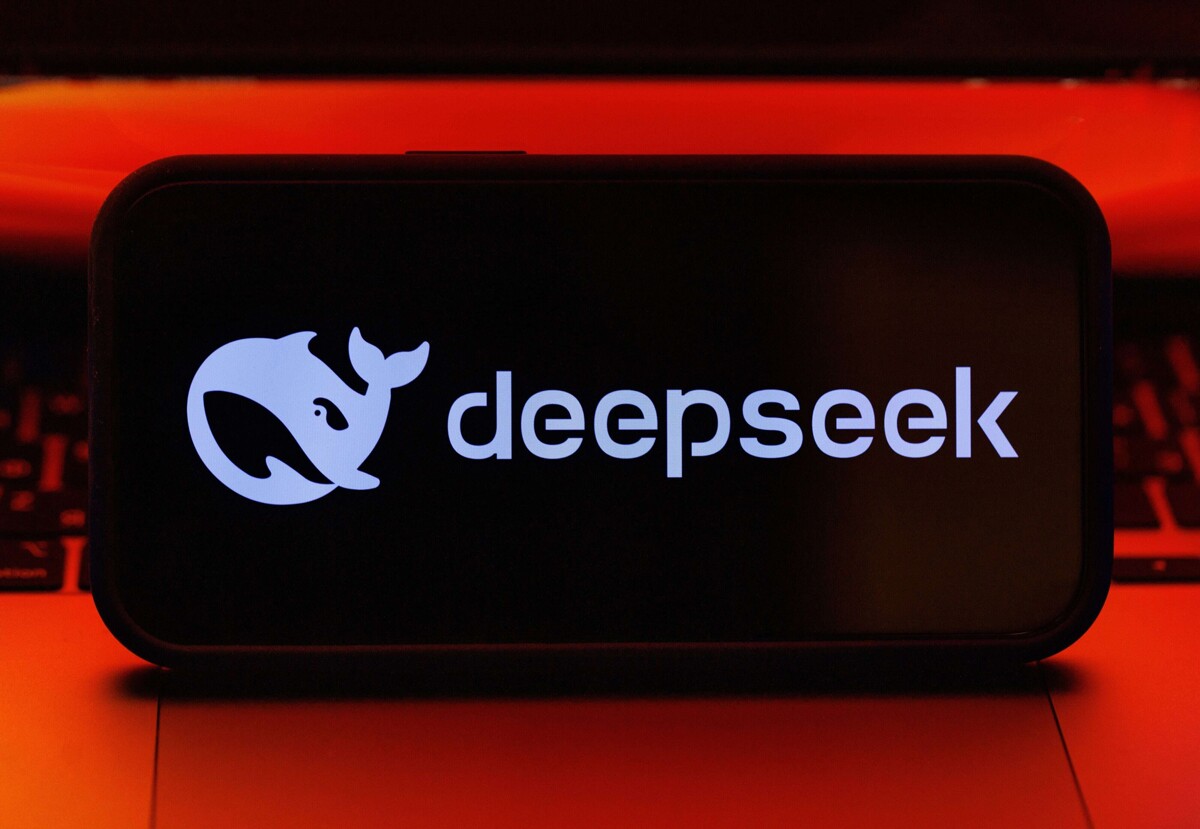
Artificial intelligence models require a large amount of computing power and specialized chips, such as those manufactured by Nvidia. However, since January of this year, DeepSeek has released models that can be replicated by other companies in the industry, which could make artificial intelligence a commodity accessible to all.
Nvidia has proven to be an example of dynamic competition by rapidly evolving and becoming a leader in emerging technologies such as graphics processing and accelerated computing. Its CUDA platform has been crucial in attracting developers and researchers to its ecosystem, consolidating its competitive advantage.
The rise of artificial intelligence models since 2022 has led to the creation of more powerful systems that require fewer chips. Nvidia has been a leader in accelerating deep learning models, driving applications such as autonomous vehicles, facial recognition, and recommendation systems.
The Chinese company DeepSeek has emerged as a significant competitor by demonstrating that not as many Nvidia chips are needed as previously thought. This dynamic in the tech market has raised questions about the U.S. leadership position in artificial intelligence, with China rapidly advancing in open-source systems.
Developments by DeepSeek have generated innovation in the artificial intelligence market and are expected to bring benefits to consumers. The implications of these advancements will have significant repercussions in the short and medium term, including geopolitical aspects.
Despite concerns about over-regulation in Europe and potential monopoly cases in the United States, tech companies are accelerating the development of advanced models to compete in this constantly evolving sector. The rapid adaptation of companies like Nvidia and the emergence of new competitors like DeepSeek are challenging market perceptions and raising questions about the future of artificial intelligence.














